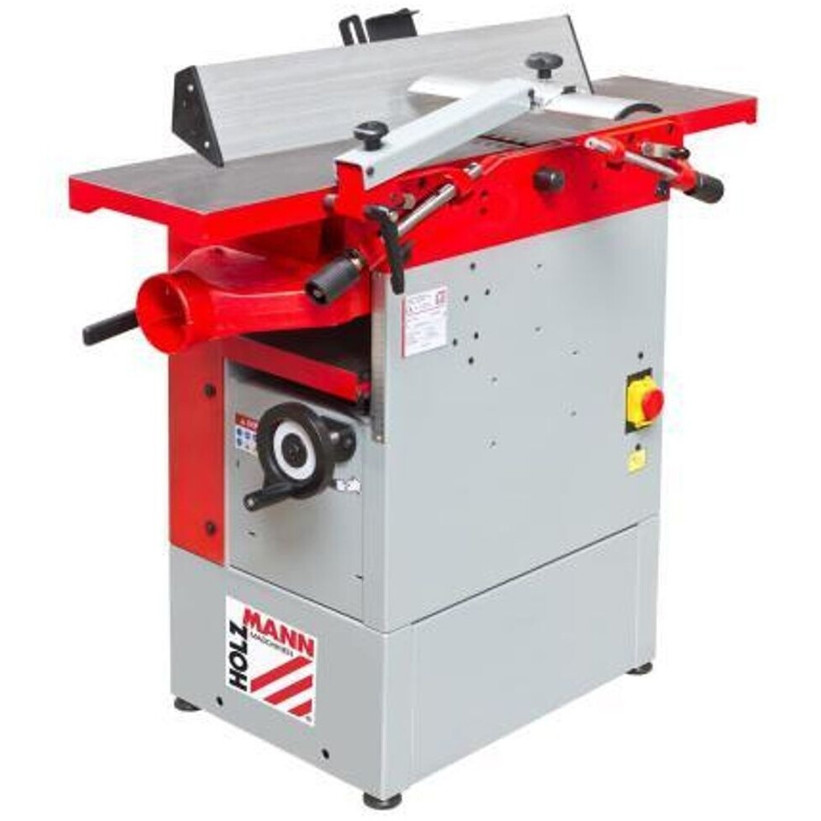Understanding Order Routers: The Backbone of Online Sales
In the busy world of e-commerce, consumer satisfaction is not just an option; it's a requirement. As the digital market continues to expand, so too does the intricacy of managing orders efficiently. Go Into the Order Router-- a technological service ensuring that online orders are processed promptly and properly. This blog post will explore what order routers are, how they operate, their advantages, and why they are vital for online services today.
What is an Order Router?
Order routers are software application systems developed to handle and disperse online orders across numerous fulfillment centers, storage facilities, or sellers. They work by examining several factors such as stock accessibility, shipping expenses, and shipment times to determine the finest place for fulfilling each order. In essence, these systems function as a traffic director for orders, optimizing routes to enhance effectiveness and consumer satisfaction.
Key Functions of an Order Router
An order router carries out numerous essential functions:
- Order Allocation: Determines the very best satisfaction location based on different criteria.
- Stock Management: Integrates with stock systems to guarantee real-time data.
- Routing Logic: Uses algorithms to assess shipping expenses and shipment times.
- Integration: Syncs with e-commerce platforms, payment gateways, and shipping services.
- Analytics Reporting: Provides data analytics to assist businesses enhance their operations.
The Benefits of Using an Order Router
Executing an order router can supply a huge selection of advantages for online businesses. Here are a few of the most critical advantages:
1. Enhanced Efficiency
Order routers streamline the order fulfillment procedure, decreasing hold-ups and enhancing functional effectiveness.
2. Expense Savings
By optimizing shipping routes and stock management, companies can substantially reduce shipping expenses and avoid overstock scenarios.
3. Enhanced Customer Experience
Faster and more precise order fulfillment leads to pleased customers and enhanced client loyalty.
4. Scalability
As organizations grow, order routers can quickly adjust to increased order volumes without requiring a total overhaul of existing systems.
5. Advanced Analytics
Order routers offer insights and analytics that can help organizations make notified choices relating to inventory management and order satisfaction.
6. Multi-Channel Support
Today's services frequently offer throughout multiple platforms. Trivox Versand can successfully manage orders from different sources, ensuring structured operations.
How Does an Order Router Work?
To much better comprehend how order routers optimize order processing, let's break down their operations into a clear flow:
| Step | Process | Description |
|---|---|---|
| 1 | Order Placement | Consumer places an order on an e-commerce platform. |
| 2 | Order Capture | The order is captured and sent to the order router. |
| 3 | Inventory Check | The order router checks inventory in genuine time. |
| 4 | Routing Logic | The system evaluates shipping expenses and shipment quotes. |
| 5 | Allowance | The order is designated to the ideal fulfillment center. |
| 6 | Order Processing | The assigned fulfillment center processes the order. |
| 7 | Shipping | The order is delivered without delay to the customer. |
| 8 | Tracking | Customers are supplied with tracking details for openness. |
Features to Look For in an Order Router
When considering an order routing system, it's crucial to recognize features that align with your business needs. Here's a list of essential functions to look for:
- Real-Time Inventory Management
- User-Friendly Interface
- Combination Capabilities
- Adjustable Routing Logic
- Comprehensive Reporting Tools
- Multi-Channel Support
- Customer Notifications and Tracking
- Scalability Options
Frequently Asked Questions (FAQs)
Q1: How long does it require to implement an order router?
A: The application timeline can vary commonly from a few weeks to numerous months, depending upon the intricacy of the system and existing technology infrastructure.
Q2: Can an order router incorporate with my current systems?
A: Most order routers are developed to incorporate with popular e-commerce platforms, inventory management tools, and shipping services. It is important to check compatibility with your existing systems.
Q3: Is order routing helpful for little companies?
A: Absolutely! Small companies can benefit from order routing by improving operations, decreasing shipping expenses, and improving consumer fulfillment-- vital factors for growth in a competitive market.
Q4: What kinds of businesses can benefit from order routing?
A: Any organization that sells items online can take advantage of an order router, including retail, wholesale, and B2B companies.
Q5: How do I select the ideal order router?
A: Consider elements such as rates, ease of use, functions, and consumer support. Consulting with specialists or checking out evaluations can likewise be useful.
In the evolving landscape of e-commerce, incorporating an order router can be a game-changer for services looking to enhance performance, conserve costs, and provide superior client service. By comprehending the essential functions, benefits, and features of order routers, companies can take proactive steps to simplify their order fulfillment processes. As the digital marketplace continues to grow, the ability to adapt and enhance operations will be more important than ever.
Buying an order router is a significant step towards attaining operational excellence-- making sure that a company not only makes it through but prospers in the competitive world of online retail. As we move forward, those services that harness the power of technology, like order routers, will certainly lead the charge in providing exceptional client experiences and driving sustainable growth.

